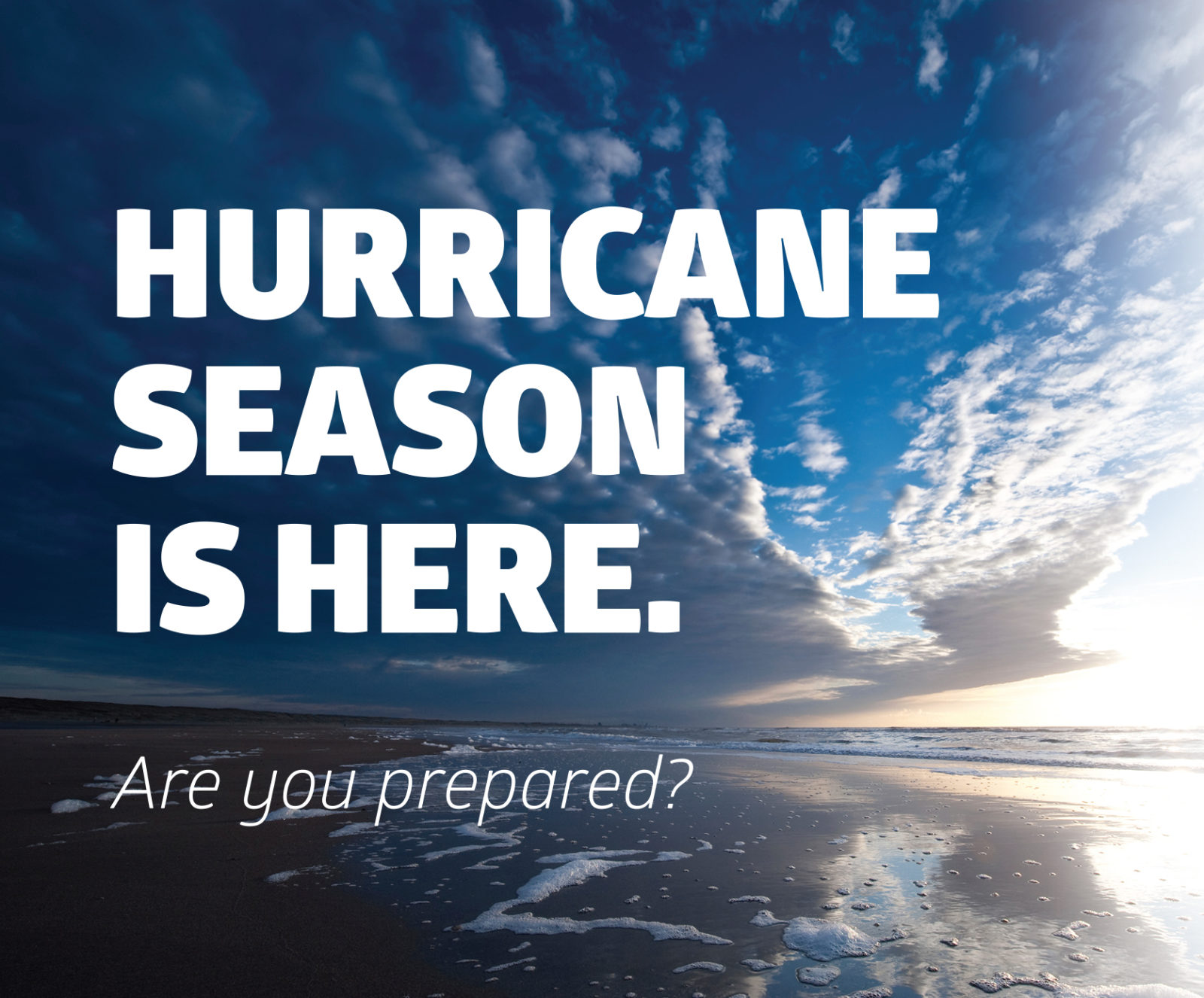Hurricane Season has officially begun and we all know that we cannot control mother nature, but we sure can do a little to prepare, which in the end, could go a long way to saving our possessions, especially our vehicles.
Reliable transportation is a daily, fundamental need, almost more so in the wake of a disaster. Vehicles can cause extensive damage to people and property, so it is essential to prepare for disaster before it strikes.
- Replace your windshield wipers. If you must drive during a storm, visibility is key. Wiper blades can easily be damaged by the sun and debris on the windshield. Test them to make sure they can move a large amount of water off of the windshield without breaking or slowing down
- Fill your gas tank and any reserve canisters to their full capacity. Hurricanes can affect incoming supply routes and cause power outages, so fill up long before the storm hits to avoid long lines at the station, supply shortages, or technical issues at the pump.
- Consult your vehicle insurance agency about your policy’s hurricane coverage. You will need to inquire about what is covered, as well as what steps to take in the event that your vehicle is damaged and you need to make a claim.
- Take pictures of the interior and exterior of your car before the storm. You may need these later to prove that any damage you are claiming was caused by the hurricane. You may also consider getting a full mechanical diagnostic before the hurricane for insurance purposes and to check your vehicle’s general safety.
- Park on high ground, against buildings, and away from falling debris if you need to stay put. Do not park near any tall or loose structures such as power lines, light poles, stop lights, road signs, or trees as they may fall and cause costly damage. Apply your emergency brake, if applicable. Consider parking your car outside parallel to the garage door to break the wind.
- Cover your car. Electrical wiring is inclined to corrosion when exposed to salt water, which can cause system failure of your transmission, engine, or drivetrain. Use a thick, padded tarp to cover your vehicle to prevent damage from water and flying debris.
With some quick preparation, your car can play a key role in weathering the storm.
Please check our Facebook page for updates to keep our clients informed about operations during emergencies, including hurricanes.
Call us today at 305.444.5555 or visit us www.thecollection.com for more information.

